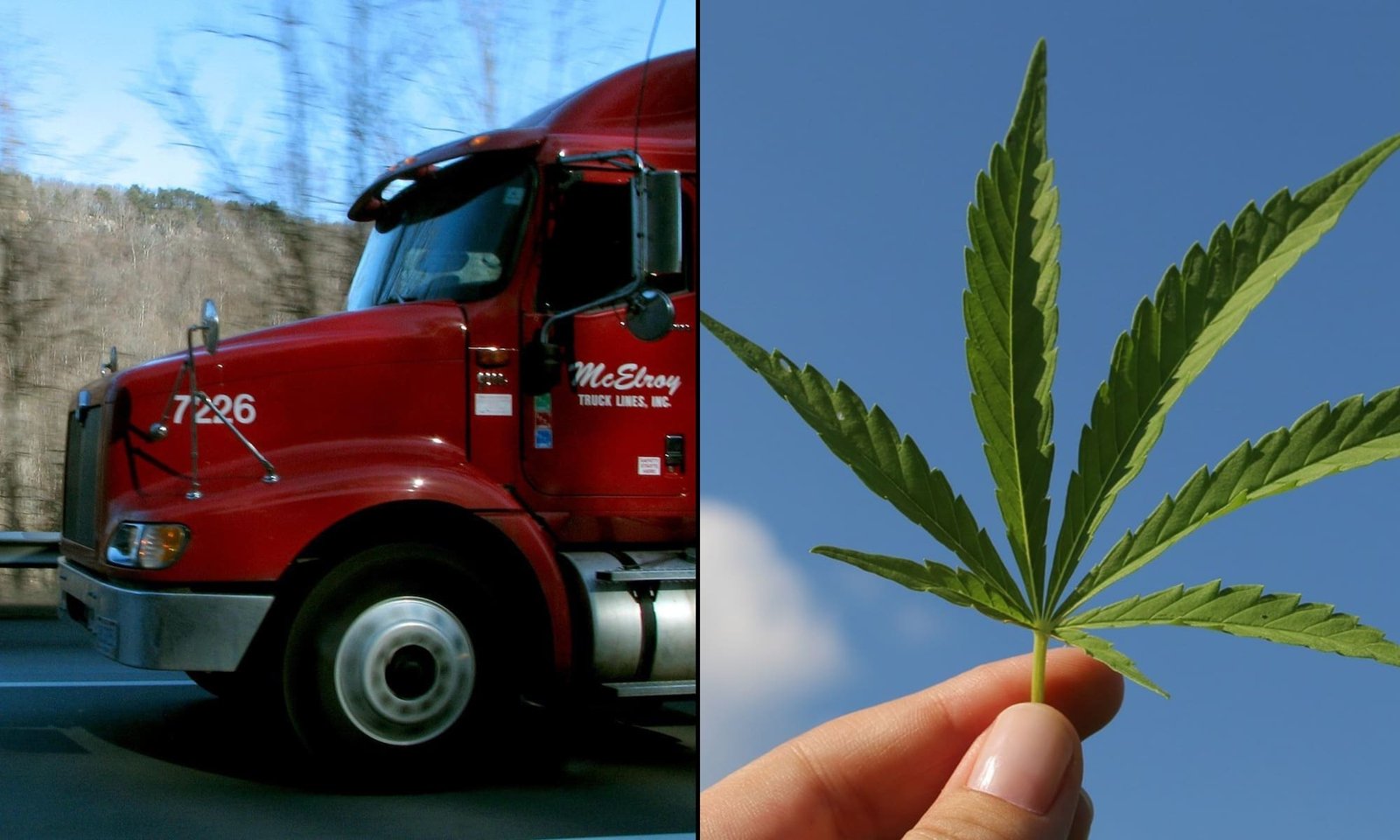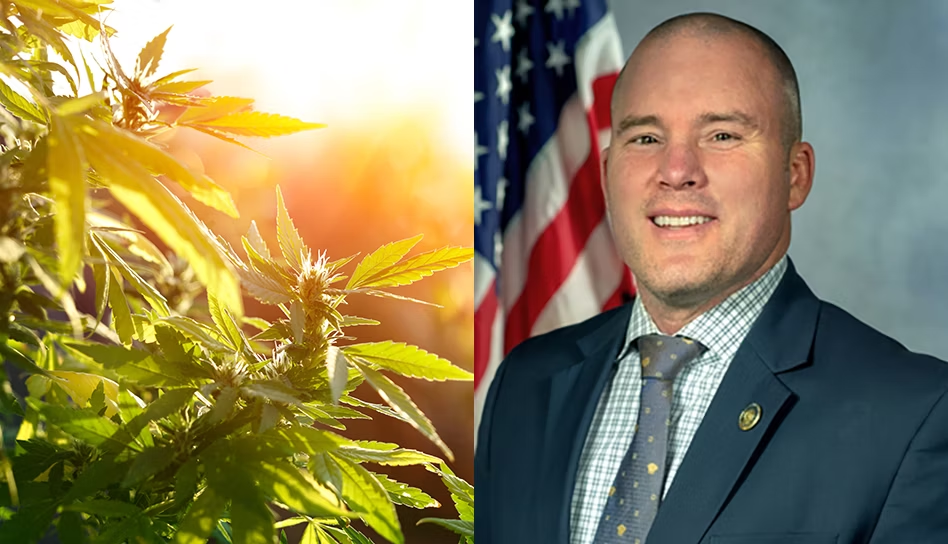Last week, two U.S. House committees discussed marijuana-impaired driving during transportation-related hearings. A representative from the trucking industry advocated for the increased use of hair follicle drug testing. Meanwhile, Jennifer Homendy, the chair of the National Transportation Safety Board (NTSB), emphasized the need for better education for drivers about the risks of impaired driving.
Although no formal decisions were made during the hearings, the discussions revealed ongoing frustrations from lawmakers, regulators, and the trucking industry regarding the lack of reliable methods to test for marijuana impairment. This concern is particularly pressing as many states have legalized marijuana and discussions about potential federal rescheduling continue.
During a session of the House Appropriations Subcommittee on Transportation, Housing and Urban Development, Representative David Joyce (R-OH), a co-chair of the Congressional Cannabis Caucus, asked Homendy about how federal and state governments could tackle drug-impaired driving. He noted that, despite 34 states changing their marijuana laws, driving under the influence remains illegal everywhere. Joyce referenced a 2022 NTSB report highlighting the need for improved testing protocols.
Joyce pointed out that the absence of standardized drug testing complicates the understanding of drug-impaired driving and hampers the development of effective policies and treatment options for substance abuse disorders. He urged for more research on tools that could help identify drug presence in drivers.
In response, Homendy did not focus on drug testing but rather highlighted a significant lack of education regarding cannabis and driving. She recalled that driver education used to be part of school curriculums but is now often absent. Homendy cited a tragic drug-impaired driving accident in Oklahoma, indicating that driver education on this issue is inconsistent across the country.
She also mentioned research showing that many drivers are unaware that driving under the influence of THC is illegal. Homendy noted that a third of teen drivers and 25% of adults mistakenly believe it is legal to drive after consuming marijuana. She stressed the need for improved testing protocols, training for law enforcement to detect drug-impaired driving, and increased public education and enforcement efforts.
Joyce agreed with Homendy’s observations and expressed concern about unregulated intoxicating hemp products available at local gas stations, particularly those accessible to underage individuals. He criticized these products, which were legalized under the 2018 U.S. Farm Bill, for potentially causing more severe effects. Homendy acknowledged Joyce’s concerns, noting that she is a parent of a 17-year-old.




